Black Coral Cozumel
Black Coral In Cozumel
 A quick insight into a highly regulated industry in Cozumel
A quick insight into a highly regulated industry in Cozumel
Black coral (Antipatharia) were listed in Appendix II of the Convention on International Trade in Endangered Species of Wild Fauna and Flora (CITES) in 1981. The Cozumel black coral population has been severely diminished over time, due, in part to poachers.
Because this marine life is so endangered only two national licenses for the extraction of black coral exist, which belong to Armando López Maglah and Gamaliel Chan Aguayo, both of whom are professional divers who have years of experience extracting this material without causing extensive damage to the environment.
The sale of black coral jewelry is also overseen by the Unión de Artesanos de Coral Negro “Léemba” A.C. or the Union of Black Coral Artisans of Cozumel in English, headed by David Calderon Uc. In a recent press conference, he urged federal authorities to remain vigilant in preventing illegal extraction, since it has a direct and negative impact not only on the underwater environment but also on the 30 families who are supported by federally permitted extraction, as well as the sales of art created using this sanctioned material.
According to some sources black coral grows only 8 – 22 micrometers a year. Other reef building coral species average about 10 millimeters a year, or essentially about 600 times faster than Antipatharia.
El coral negro en Cozumel
 Un vistazo rápido a una industria altamente regulada en Cozumel. . .
Un vistazo rápido a una industria altamente regulada en Cozumel. . .
El coral negro (Antipatharia) aparece en el Apéndice II de la Convención sobre el Comercio Internacional de Especies Amenazadas de Fauna y Flora Silvestres (CITES) en 1981. Con el paso del tiempo la población del coral negro de Cozumel ha mermado seriamente debido, en parte, a los cazadores furtivos.
En virtud de que esta vida marina se encuentra tan amenazada, sólo existen dos licencias para la extracción de coral negro y los titulares de éstas son Armando López Maglah y Gamaliel Chan Aguayo; ambos son buzos profesionales con años de experiencia en la extracción de este material evitando causar daños considerables al medio ambiente.
La venta de joyería hecha con coral negro también es supervisada por la Unión de Artesanos de Coral Negro “Léemba” A.C. que encabeza David Calderón Uc. En una reciente rueda de prensa, Calderón instó a las autoridades federales para que se mantengan alertas en la prevención de la extracción ilegal en virtud de que ello impacta de manera directa y negativa no sólo sobre el medio ambiente submarino sino también a 30 familias cuyo sustento proviene de la extracción con permiso de nivel federal, así como las ventas de creaciones artísticas que utilizan el material autorizado.
De acuerdo a algunas fuentes, el coral negro anualmente sólo se desarrolla 8 a 22 micrómetros. Otras especies que forman el arrecife de coral en promedio se desarrollan 10 milímetros al año, o, básicamente, 600 veces más rápido que Antipatharia.
______________________________
Una ex yanqui de Connecticut quien llama hogar a Cozumel desde hace más de 15 años. Laura escapó al Caribe hace años, desplazándose de una isla a otra dando clases de BUCEO. Se dedicó a perder el tiempo en Jamaica y finalmente se detuvo en Cozumel para pasar unas vacaciones de 2 semanas que aún no terminan. Convenciendo a sus padres que pagaran una elegante universidad privada, obtuvo su título en Periodismo y Laura crea semanalmente Cozumel 4You, medios sociales y artículos promocionales sobre la Isla y también es moderadora en el grupo Cozumel 4 You en Facebook que actualmente cuenta con 25,000 miembros. Fabián, s umuy tolerante marido, desde hace mucho tiempo se resignó a no tener vida privada, pues se ha visto implicado en los diversos proyectos y planes que urde Laura. Son orgullosos padres de diversos perros y gatos rescatados. Mientras contempla su paso a través de la vida en el Caribe mexicano,Laura continúa siendo la pesadilla en la existencia de su muy tradicional suegra mexicana.
- mayan crossing May - April 12, 2025
- Cabana Beach Cozumel - April 12, 2025
- Cozumel Civil Protection Easter Week - April 12, 2025
An ex-Connecticut Yankee who has called Cozumel home for over 18 years, Laura ran away to the Caribbean years ago, bumped around the islands teaching SCUBA diving, lost some time in Jamaica, and finally stopped in Cozumel for a 2 week vacation that hasn’t ended yet. With a degree in Journalism from a fancy private college she convinced her parents to pay for, Laura writes, edits, and creates the weekly Cozumel 4 You news, social media, and promotional articles about the island, as well as moderates the Cozumel 4 You Facebook group, which currently has over 25,000 members. Her long suffering husband, Fabian, has long since resigned himself to having zero private life, as he’s been involved in her various schemes and plots since his arrival. Proud parents to a variety of rescue dogs and cats, Laura continues to be the bane of her traditional Mexican mother-in-law’s existence, as she muses her way through life in the Mexican Caribbean. ______________________________ Una ex yanqui de Connecticut quien llama hogar a Cozumel desde hace más de 15 años. Laura escapó al Caribe hace años, desplazándose de una isla a otra dando clases de BUCEO. Se dedicó a perder el tiempo en Jamaica y finalmente se detuvo en Cozumel para pasar unas vacaciones de 2 semanas que aún no terminan. Convenciendo a sus padres que pagaran una elegante universidad privada, obtuvo su título en Periodismo y Laura crea semanalmente Cozumel 4You, medios sociales y artículos promocionales sobre la Isla y también es moderadora en el grupo Cozumel 4 You en Facebook que actualmente cuenta con 25,000 miembros. Fabián, s umuy tolerante marido, desde hace mucho tiempo se resignó a no tener vida privada, pues se ha visto implicado en los diversos proyectos y planes que urde Laura. Son orgullosos padres de diversos perros y gatos rescatados. Mientras contempla su paso a través de la vida en el Caribe mexicano, Laura continúa siendo la pesadilla en la existencia de su muy tradicional suegra mexicana.
“Cozumel Vivo” Marine Conservation
“Cozumel Vivo” Marine Conservation The “Cozumel Vivo” Project Unites Science and Community...
Cozumel Sargassum Seaweed
Cozumel Sargassum Seaweed Spring is Here & so is Sargassum The sargassum...
Reef Care Parrotfish Slaughter Cozumel
Reef Care Parrotfish Slaughter Cozumel “Caring for our reefs is everyone’s responsibility,”...
Cozumel Flamingo
Cozumel Flamingo Flamingos Finally Return to Cozumel Punta Sur Representatives...


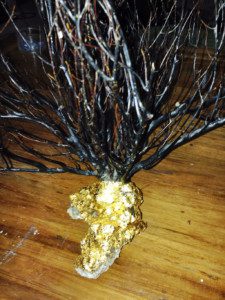





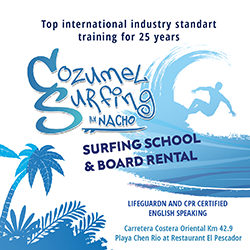

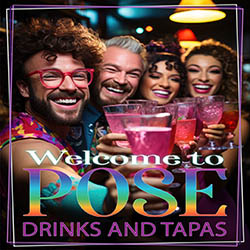

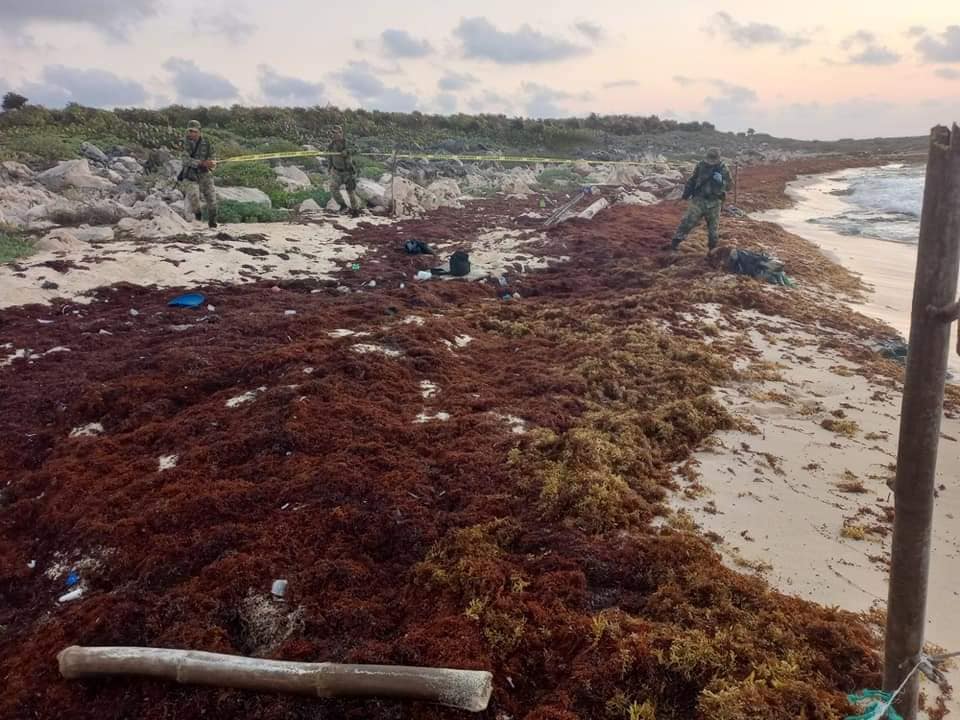
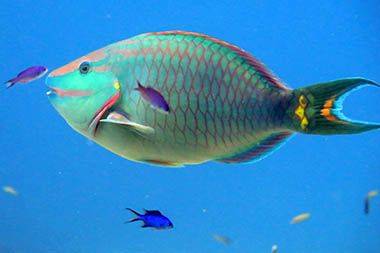





Leave a comment